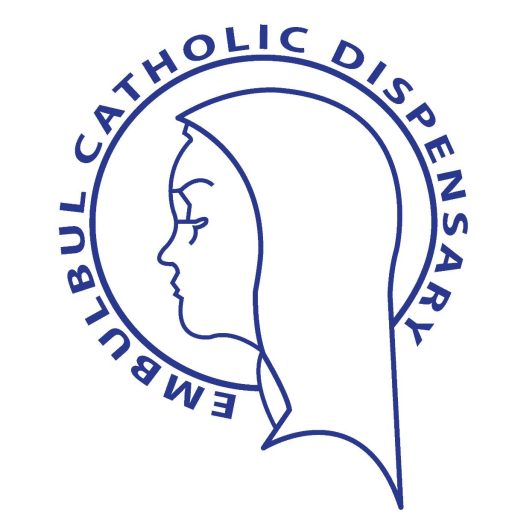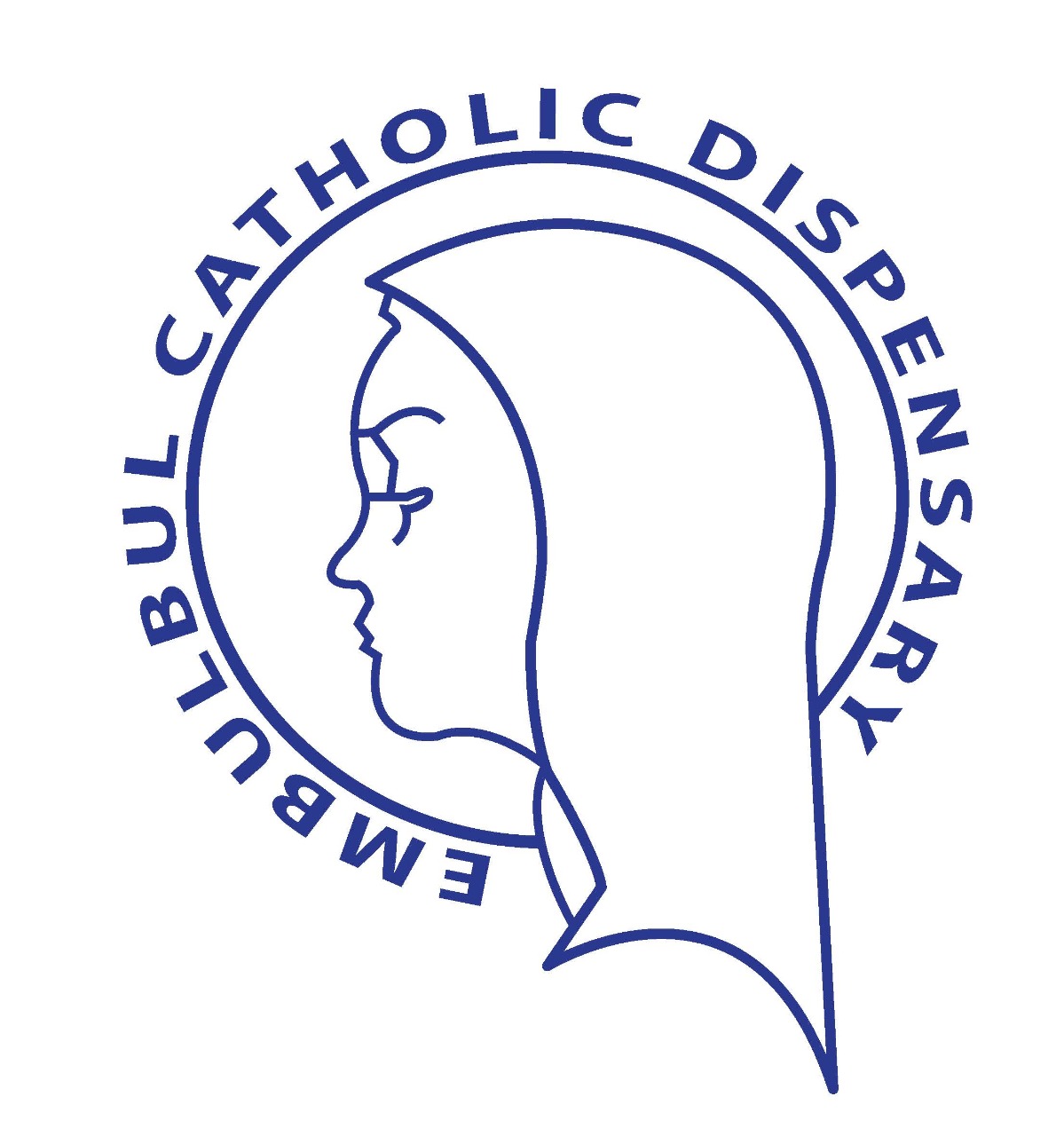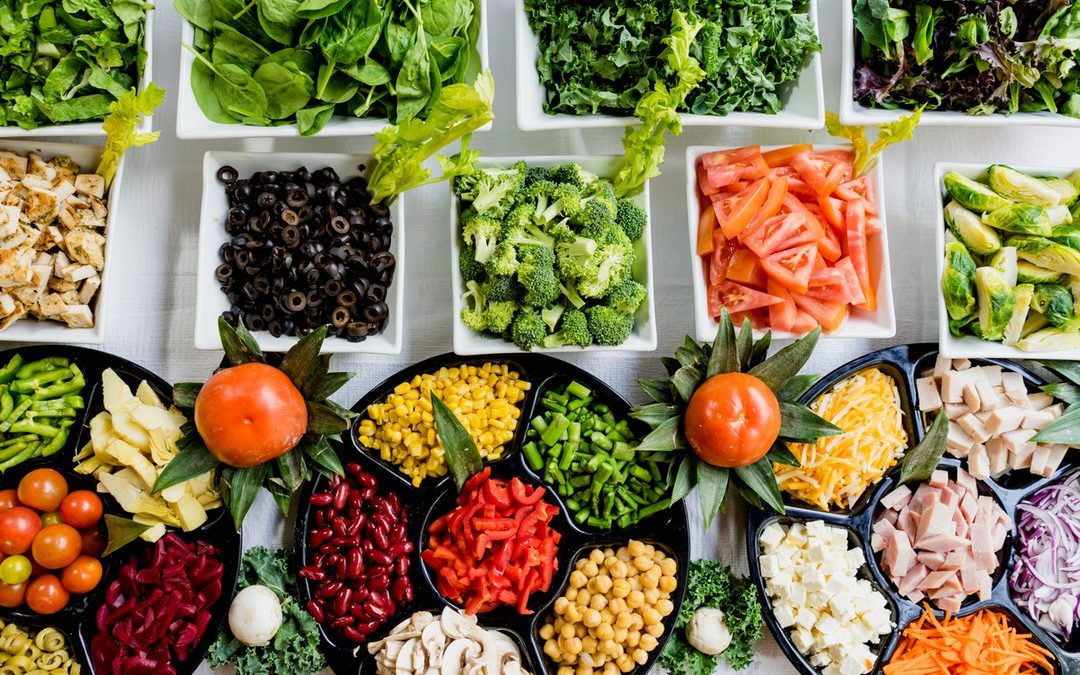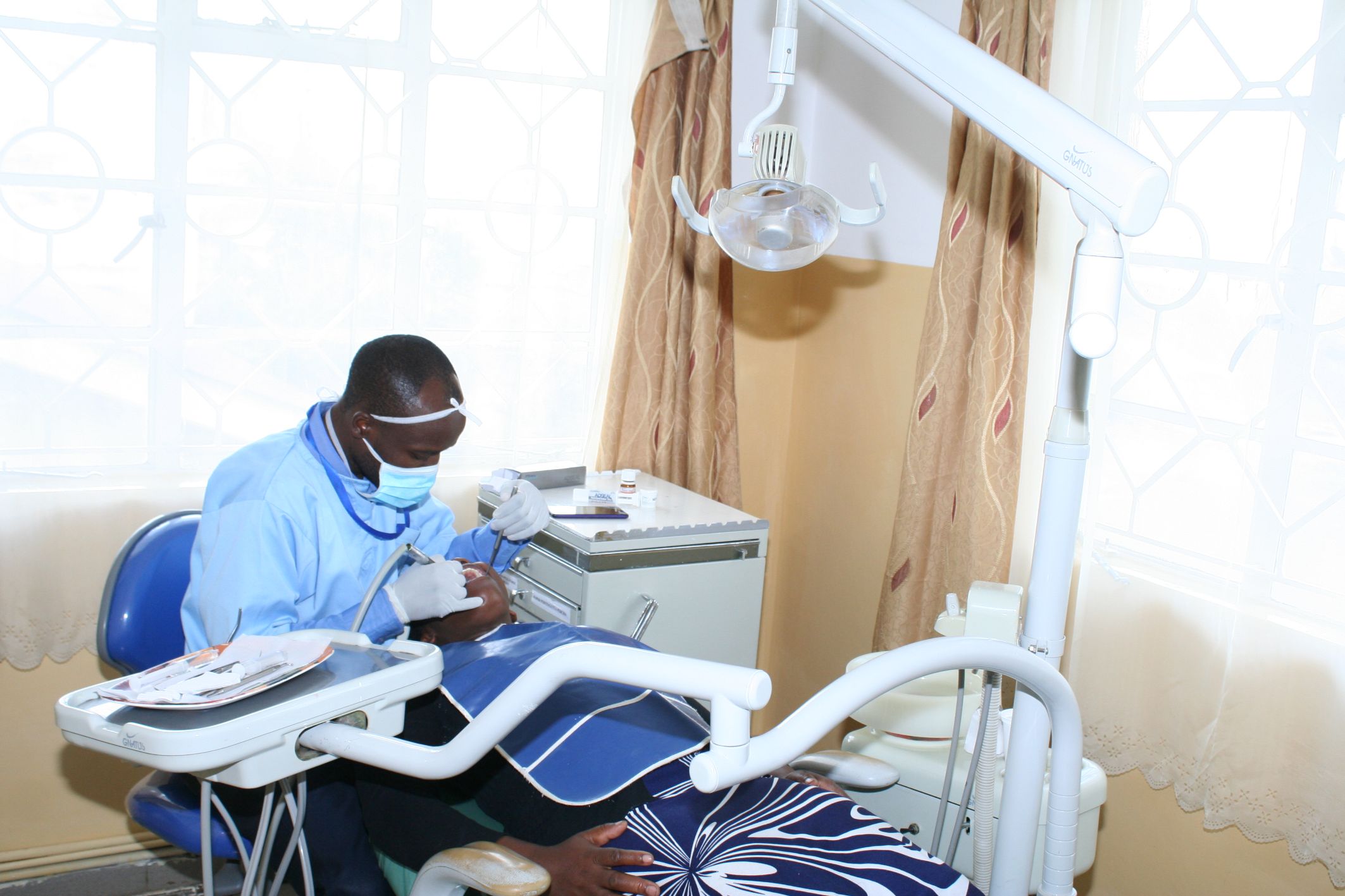
DENTAL CHECK-UP.
December 13, 2019This is the chronic condition which is associated with abnormal high levels of blood sugar/glucose.
Diabetes is due to one of two mechanisms.
- Inadequate production of insulin (which is made by the pancreas and lower blood glucose) or
- Inadequate sensitivity of cells to the action of insulin.
Elevated levels of blood sugar/glucose lead over time to serious damage to the
-Heart -Eyes
-Blood vessels -Kidneys & nerves
Thus leading to the following: –
COMPLICATIONS OF DIABETES
-Cardiovascular disease
-Diabetes retinopathy (eye disease)
-Nephropathy (kidney disease)
-Neuropathy (Nerve disease)
-Foot amputation
Symptoms of diabetes
-Unexplained weight loss
-Dizziness
-tiredness
-Frequent urination
-Blurred vision
-Excessive thirst
NUTRITION MANAGEMENT OF DIABETES.
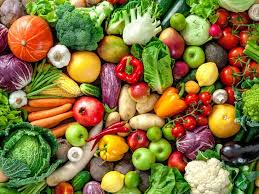
Nutrition is often said to be the corner stone of diabetes.
Nutritional management of diabetes can affect long term health and quality of life.
The goal for nutritional management is.
- Optimal metabolic control through a balance between food intake
- Physical activity.
- Medication to avoid complications.
Low blood sugar (hypo glycaemia)
SYMPTOMS.
1.Early symptoms
-Hunger
-Irritability
-Tiredness
-Nausea
-Poor concentration
2.Later symptoms.
-Sweating –Shaking
-Palpitations
-Nausea
-Confusion
3.Sever Symptoms
Loss of conscious/coma
WHAT CAUSES HYPOGLYCEMIA
Taking more medication than you need/require
Not eating enough food/delayed meals
Exercise without eating
Too much exercise or unusual physical activity
Drinking alcohol
Stress& illness
DIABETES MEAL PLAN
Eat at regular intervals i.e. Breakfast, lunch and supper
What to Avoid-
1.Food to avoid completely
-Sugar/glucose
-Alcohol
-Sweets/biscuits/cakes
-Quencher/Ribena/lucozade
-Sodas except diet coke/coke zero
-A lot of salt
-Deep fried foods e.g. chips etc.
2. Food to eat freely
-Consume a lot of vegetables e.g. Sukuma, cabbage, spinach,terere, managu e.t.c
3.Food to eat in portion
-Githeri, ugali,chapati,rice & bread
NB consume the above food in their non refined forms as much as possible
NOTE: 1) Water at least 8 glasses daily.
2) Physical exercise.
3) Avoid skipping meals.
4) Foot care.
Foot care
Always keep your feet clean
Dry feet well especially in between your toes with a soft towel
Check your feet regularly or get someone to check for you or use a mirror
AVOID –Long boots
-Tight socks
-High shoes
-Walking bare footed
– Extreme heat directly to the legs
Prepared by: Miriam Kalekye
Designation: Registered nutritionist

